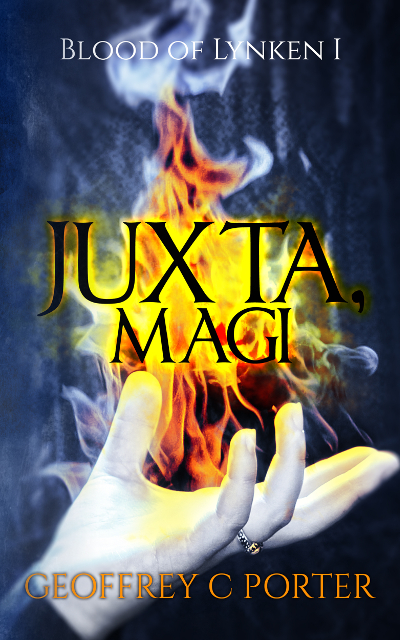NOOB, How to Guide
How to start, Editing & Beta Readers, Publishing.
Formulaic
Hero’s Journey. Rising Action. Loss. Triumph. Inciting event.
You can see it in almost every modern action movie made and most fiction books. I get tired of it, and I want something different. But the stuff that is different, generally doesn’t sell well or make a lot of profit.
If it’s too formulaic, I don’t enjoy it as much, but I cannot know exactly where the line between too formulaic and not formulaic enough falls to maximum sales.
If you want to study these formulas and write mainstream stuff, so be it. I rarely adhere to these formulas, and it could be a big reason I don’t do better in the marketplace. Personally, I feel like marketing sells books, and my weakest point is lack of marketing.
Tropes versus Formulas
A trope is generally very condensed. Son must avenge the death of his father. Young woman must avenge the death of her tribe. Ash needs to find an artifact.
The formulaic stuff can be very detailed. In the beginning, it can be the outline for your outline. The most common one I’ve seen is the Hero’s Journey.
I know there are others, I just haven’t seen them, and cannot ID them enough so you can do an online search.
I’m definitely not in any way saying avoid using a formula. Some writers use the same basic formula for every book they write and have financial success doing it.
Two cops who are thrust togethers as partners and grow to appreciate each other and trust each other, is a formula, but I don’t know the name of it.
Plot for me
Bad things happening to quality, well-developed characters. Not bad things only, you need pockets of joy in the plot, too. If nothing bad ever happens to your characters, it’s not really fiction. If only bad things happen, the story becomes drudgery.
One formula is basically, small battle, medium battle, big climax battle at the end. I don’t know what this is called either, but it’s so many action movies.
Conflict
Many ways to develop this and define it. This may be one of my faults too, because often the conflict is the world is at stake, but I don’t have a dying internal conflict about why he/she should even care if the world is going to burn.
I think if I revise again, it will be to increase the amount of maybe I don’t care if the world burns as internal conflict.
Life and Death
This is most of the root conflict in stories I write. Many stories are more about sexual relationships, and the root conflict is, will the cute new boy fall in love with her. And no wrong way to write conflict unless it’s boring and meaningless.
Falling in love is super important to almost all humans, I’m not trying to discount it. It’s life and death.
Another Example
Will I have potatoes or bread with dinner? Is not conflict. But depending on how it’s written: three potatoes remain, they are needed for seed potatoes in spring, and the bread is moldy.
Internal conflict is often top dog
I write a lot of heroes and soldiers, so I’m not good at this, but I understand it’s importance in a good story. This is how we build our characters up so they are not paper thin.
Characters
I want characters in my stories my readers can connect with. If I succeed, my readers will have an emotional response when bad things or joyous things happen to my characters. This is kind of the foundation of character driven stories.
Starting point
You want to start when the action starts, but you also want to open on character development. People will say I’m wrong, and you want to open on literal action, then develop characters.
Starting with backstory is almost always a mistake. No ideal answer, but most of the people I talk to are opening on action, character, or even conflict.
Prologues
These are heavily debated. Some hate them, others love them. I find when I’m reading, if the prologue is a scene, I’m far more interested in it. If it’s a history lesson, not so much.
Magic pill
No magic pill to any of this. Starting an outline with a plot formula is not a mistake but it’s not a promise of success. No perfect opening to a story, unless we measure this by success, which is, are people turning the page.
If you want to say, this opening was good because people turn the page, awesome. You will not know for sure until it’s in the wild (published).
Beta readers and test marketing can give a writer insight into their opening for their story, and to a degree both the plot and conflict. Development editors shine at these things.


$4.99 ebook ~ $11.99 print ~ 338 Print Pages
- Juxta, Magi is on my homepage
- Winter’s Line Fantasy
- Military SciFi
- Vampire Slayer Book
- My short fiction is here and a list in the three dot menu at the very top.
You do not have permission to feed or import this text into an AI or other system.